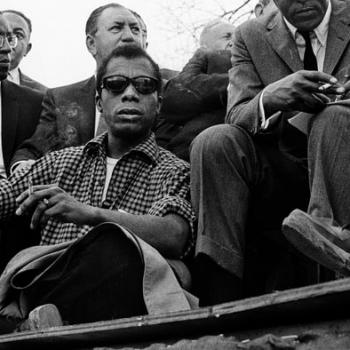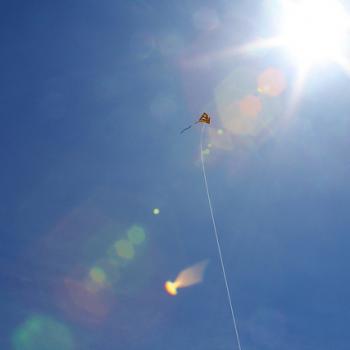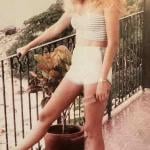Near the beginning of Raoul Peck’s documentary, I Am Not Your Negro, James Baldwin says that in 1957 he couldn’t stop thinking about a photograph he saw at every newspaper kiosk in Paris. It was of the fifteen-year-old black girl Dorothy Counts, who was surrounded by a white crowd filled with revulsion at the sight of her. Dorothy walked to school in Charlotte, North Carolina in the wake of integration in the south. Samuel L. Jackson voices Baldwin’s words: “There... Read more
















